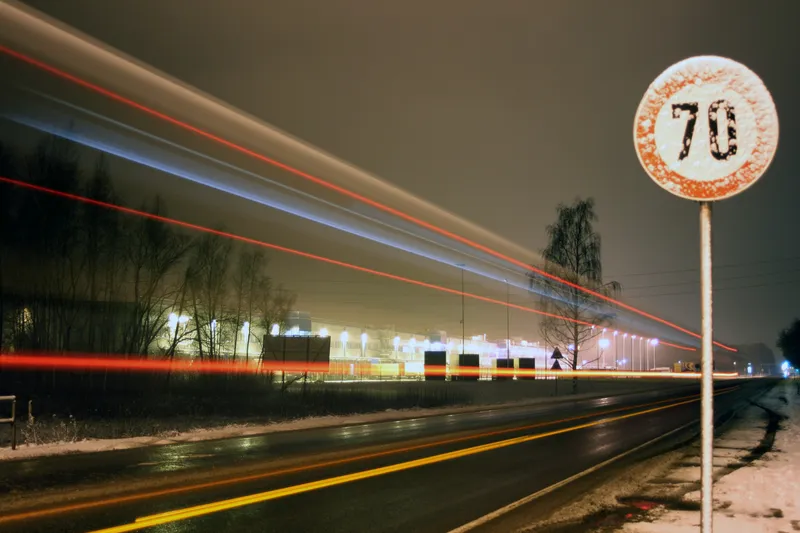New technology that is designed to reduce speeds and increase vehicle safety will be trialled on London’s buses next month, as part of the Mayor and Transport for London’s (TfL) continuing work to halve the number of people killed or seriously injured on London’s roads.
The Mayor and TfL announced today that intelligent speed adaptation (ISA), an innovative technology that ensures vehicles can’t exceed speed limits, will be trialled on 47 London buses in a UK-first.
The new technology, which was outli
June 26, 2015
Read time: 2 mins

New technology that is designed to reduce speeds and increase vehicle safety will be trialled on London’s buses next month, as part of the Mayor and 1466 Transport for London’s (TfL) continuing work to halve the number of people killed or seriously injured on London’s roads.
The Mayor and TfL announced today that intelligent speed adaptation (ISA), an innovative technology that ensures vehicles can’t exceed speed limits, will be trialled on 47 London buses in a UK-first.
The new technology, which was outlined in London’s first Pedestrian Safety Action Plan last year, recognises speed limits on the route using TfL’s digital speed limit map of London, and ensures that the bus is not able to go any faster.
The trials will take place on two routes in the city, which include a variety of different road environments, with differing speed limits, allowing the new technology to be fully tested.
This will enable TfL to understand the effectiveness of ISA in promoting speed compliance across the road network and improving safety. The trials, which run until autumn, will also seek to understand the attitudes of drivers and passengers to the technology. If successful, ISA could be introduced across London’s 8,700 bus fleet.
The data informing the ISA trials will come from TfL’s digital speed limit map of London, which was re-launched last year to help spur the development of the next generation of in-vehicle technologies and mobile phone apps for the road. Making such information openly and freely available, and keeping it accurate, means existing services such as sat-navs and GPS can provide drivers with the correct information on the speed limit of the roads they are travelling on. This will give road users greater certainty and help to improve road safety.
The Mayor and TfL announced today that intelligent speed adaptation (ISA), an innovative technology that ensures vehicles can’t exceed speed limits, will be trialled on 47 London buses in a UK-first.
The new technology, which was outlined in London’s first Pedestrian Safety Action Plan last year, recognises speed limits on the route using TfL’s digital speed limit map of London, and ensures that the bus is not able to go any faster.
The trials will take place on two routes in the city, which include a variety of different road environments, with differing speed limits, allowing the new technology to be fully tested.
This will enable TfL to understand the effectiveness of ISA in promoting speed compliance across the road network and improving safety. The trials, which run until autumn, will also seek to understand the attitudes of drivers and passengers to the technology. If successful, ISA could be introduced across London’s 8,700 bus fleet.
The data informing the ISA trials will come from TfL’s digital speed limit map of London, which was re-launched last year to help spur the development of the next generation of in-vehicle technologies and mobile phone apps for the road. Making such information openly and freely available, and keeping it accurate, means existing services such as sat-navs and GPS can provide drivers with the correct information on the speed limit of the roads they are travelling on. This will give road users greater certainty and help to improve road safety.







